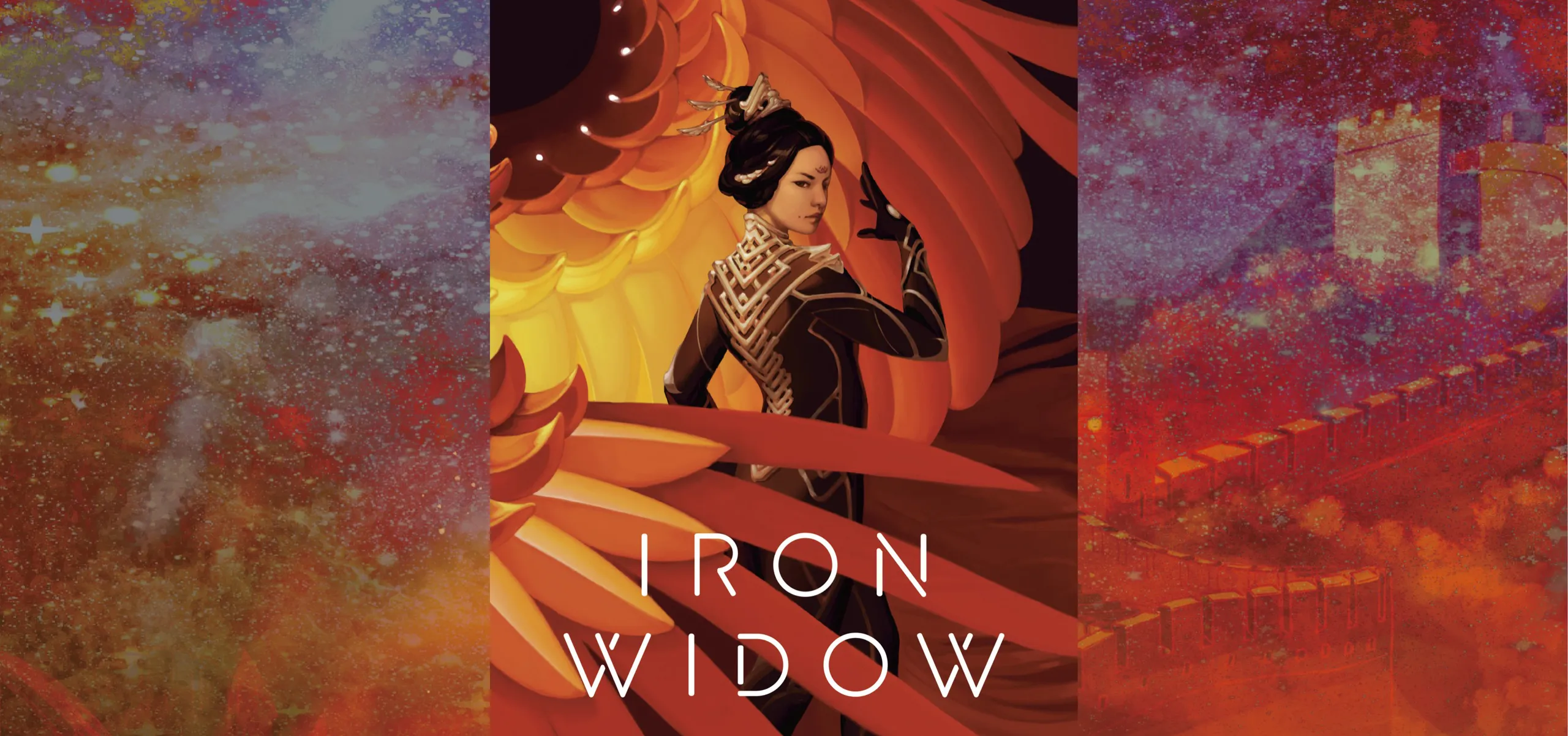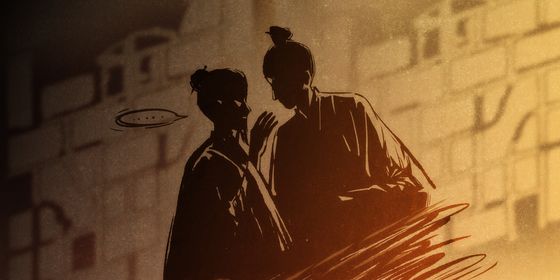Wu Zetian defeats giant robot (and the patriarchy) in new novel
To paraphrase its author Xiran Jay Zhao, Iron Widow is a young adult version of Pacific Rim meeting The Handmaid’s Tale in a retelling of the rise of Wu Zetian, featuring giant robots inspired by East Asian mythology and controlled using a sexist boy-girl piloting paradigm.
These robot (known to the wider science fiction world as “mechas”) are deployed along a Great Wall as the last line of defense protecting a vulgar consumerist society from “hunduns,” enemy mechas inspired by the headless beasts of Chinese mythology. There is a toxic fanboy culture that worships the boy pilots of these missions as media celebrities (considered has-beens at the age of 24), while offering up girls as disposable and interchangeable concubine co-pilots. There’s also a “boy’s love” subplot that evolves into a polyamorous relationship involving the main characters, a patriarchal and remote “Council of Sages” led by Chairman Kong (as in Confucius) ruling the realm, and, by the way, one of the villains is named An Lushan.
You either read that synopsis and are currently dropping everything to immediately buy Zhao’s new book, or you read it through three times, had no earthly idea what it meant, and have already turned the page to read about honey production trends in Guangxi.
Myth and Mechas: “Iron Widow” Sees Historical Figures Piloting Robots | Book Review is a story from our issue, “Access Wanted.” To read the entire issue, become a subscriber and receive the full magazine.













